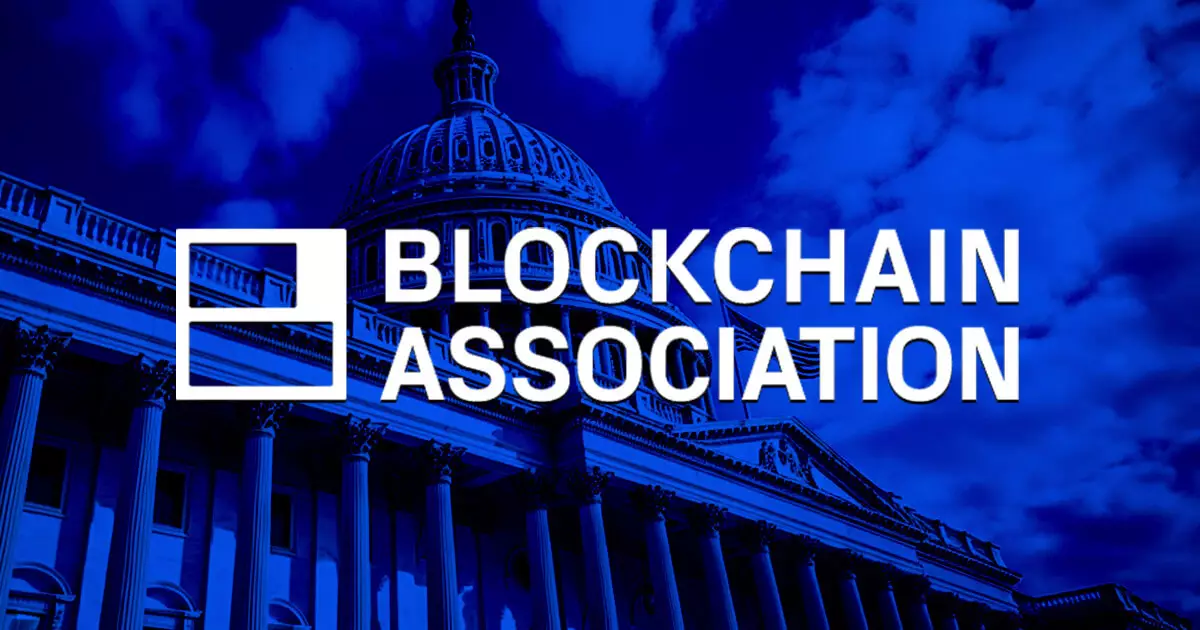In recent developments, the House Committee on Oversight and Government Reform has taken a significant step by disseminating a formal inquiry to multiple crypto organizations and firms. The focus is on understanding instances wherein crypto entities have faced systematic denial of banking services. The committee has sent this letter to notable players in the cryptocurrency industry, including Uniswap Labs and Coinbase, prompting a collective response regarding the barriers these businesses encounter with traditional financial systems.
The Blockchain Association, which represents a coalition of leading crypto firms and investors, has acknowledged receipt of this urgent correspondence. The organization’s leadership praised the efforts of Representative James Comer, emphasizing the timeliness and importance of the inquiry. This investigation emerges in the context of broader scrutiny into whether political biases or excessive regulatory practices are contributing to the exclusion of crypto businesses from vital banking resources.
The committee’s inquiry highlights alarming narratives from key industry figures, particularly Coinbase CEO Brian Armstrong and Uniswap Labs CEO Hayden Adams. These executives have articulated experiences of abrupt banking service denials without any communicated rationale, hinting at a systemic problem under the current administration. The Blockchain Association noted a troubling trend emerging since President Biden took office, suggesting that legitimate crypto companies are facing disproportionate barriers to banking access, often under ambiguous pretexts.
This stifling of the industry raises concerns about innovation and competition, leading numerous firms to either relocate their operations or navigate an increasingly murky regulatory environment. The Blockchain Association has initiated an anonymous tip line to gather accounts of debanking and filed multiple Freedom of Information Act requests to probe potential regulatory overreach. Such efforts reflect a keen interest in shedding light on possible connections between regulatory directives and the treatment of crypto firms by financial institutions.
The inquiry by the Oversight Committee references historical precedents, notably former President Barack Obama’s Operation Chokepoint, which allegedly targeted high-risk sectors by diminishing their access to financial services. While the current Federal Deposit Insurance Corporation (FDIC) chair, Travis Hill, has recognized the agency’s role in the debanking phenomenon, he has refrained from confirming the active presence of a strategy akin to Operation Chokepoint in the modern financial landscape.
Leaders within the Blockchain Association and their supporters are advocating for immediate reforms to safeguard compliant crypto companies from arbitrary banking denials. Following the recent elections, the association reached out to the new president and Congress to ensure that the plight of lawful crypto enterprises remains a legislative priority.
The ramifications of the Oversight Committee’s findings could fundamentally reshape the regulatory landscape for cryptocurrencies in the United States. Should the investigation reveal patterns of discrimination against the crypto sector, it may prompt a reevaluation of how regulations interact with innovation and entrepreneurship. As the committee seeks to discern whether financial institutions are operating autonomously or being influenced by regulatory frameworks, the implications extend to broader conversations about financial inclusion and market competitiveness.
Senator Cynthia Lummis, a crucial advocate for the cryptocurrency industry, is poised to tackle potential new initiatives that may parallel previous restrictive measures. Her leadership within the Senate Banking Subcommittee on Digital Assets could signal a proactive shift toward enhancing protections for crypto businesses against barriers that hinder their operations.
The ongoing conversation surrounding debanking within the crypto ecosystem underscores the sector’s intrinsic appeal—the desire for financial autonomy without undue political interference. The Blockchain Association articulated this sentiment eloquently, illustrating a vision where individuals retain control over their financial destiny unimpeded by regulatory constraints.
In a broader context, President Trump has recently established a working group aimed at developing a cohesive regulatory approach to cryptocurrencies, emphasizing the role of a designated “crypto czar.” This move signals a significant step toward facilitating legal clarity amidst an evolving industry landscape and may ultimately influence how the U.S. engages with innovation in the crypto space.
As this inquiry unfolds, the crypto community anticipates a response that not only legitimizes their businesses but also fosters an environment where innovation can flourish free from unwarranted restrictions. Whether the United States emerges as a supportive jurisdiction for crypto endeavors or remains a challenging landscape will hinge on the outcomes of these critical investigations and the political will to enact necessary reforms.



















Leave a Reply